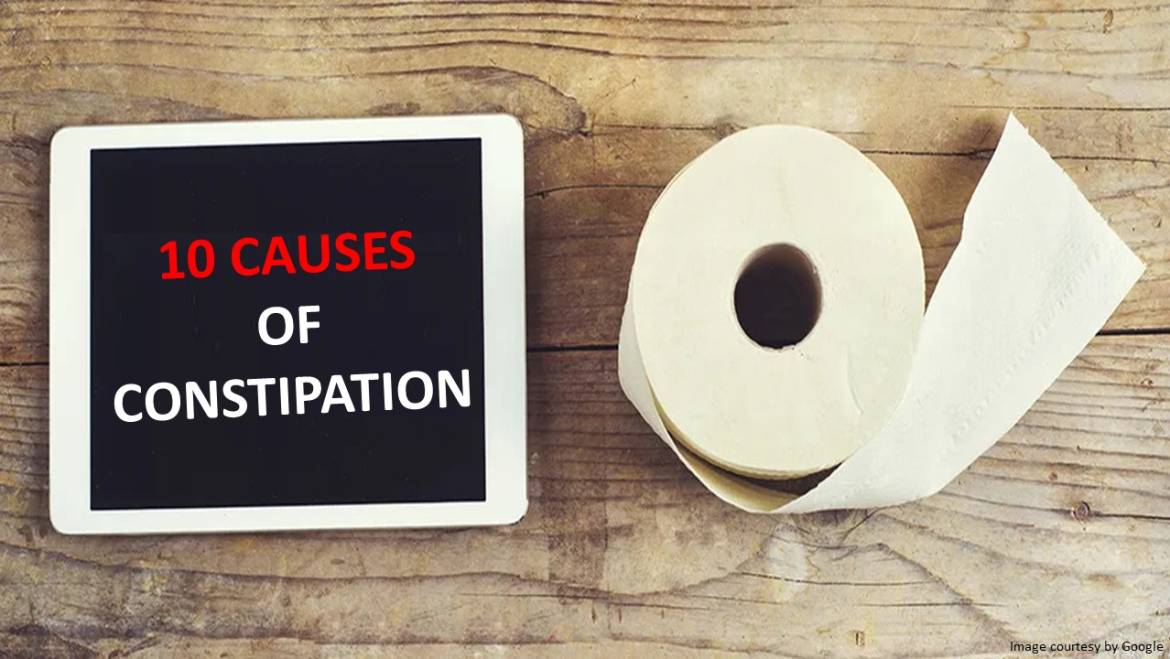Constipation happens when your bowel movements are less often or harder than normal. Everyone goes through it in one’s life. You may have tried many constipation remedies to get constipation relief.
Usually, it’s not a serious issue, but you feel much better when your constipation system improves. The normal time between bowel movements varies widely from one person to another. Some have them thrice a day, while others may have only once or twice a week. Not having bowel movements for three or more days can be harmful. Chronic constipation syndrome is called when, after three days, the stool or feces become more difficult to pass.
Signs of constipation should not be avoided as avoiding them can lead to other health illnesses. Constipation symptoms include fewer than 3 bowel movements a week, difficulty in passing stool, stomachache or cramps, dry/hard or lumpy stool, feeling nauseous or bloated, and feeling of not emptying your bowels completely after a movement.
Causes of constipation
Reasons for constipation or constipation causes can be different from person to person, but in general, constipation usually happens when stool remains in the colon (large intestine) for a long time, and then the colon absorbs too much water from the stools, resulting in a hard and dry stool. Mostly, any specific condition doesn’t cause constipation, and it is difficult to identify the exact cause.
However, several factors do account for an increased chance of having severe constipation, including:
- Low fiber diet
Fiber assists stool to stay soft. Drinking liquids helps fiber to keep stools soft. Constipation is more common in older adults due to the intake of limited dietary fiber, lack of outdoor activity, and use of medications.
- Less physical activity
You may get constipated if you don’t work out, perform outdoor activities, or move around regularly.
- Having other health problems
An individual suffering from a health problem or currently having an accident may not be able to exercise regularly. He/she may have to stay in bed mostly because of an illness or accident. This may cause constipation.
- Medicines
Some medications prescribed by doctors to treat other health problems may give rise to constipation, and this further requires you to follow specific constipation treatments.
- Lifestyle changes or daily routine changes
The most common reason for constipation is a change of routine. Regular changes in your day-to-day routine can affect your bowel habits. Changing routines, like being on frequent holidays in a different environment or doing a tour job, can cause constipation.
- Ignoring the urge to have a bowel movement
Over time, ignoring the urge to have a bowel movement may result in not feeling the need to have one. You may delay passing stools because you might not want to use toilets outside of your home or do not have access to a toilet. This habit can account for constipation.
- Certain health problems
Some health problems can cause stool to move more slowly through the colon, rectum, or anus, thereby causing constipation. These health problems generally include:
-
- Spinal cord or brain injuries
- Disorders that affect your brain and spine, such as Parkinson’s disease
- Hypothyroidism
- Diabetes

- Gastrointestinal (GI) tract problems
Problems in your GI tract that tend to compress or narrow your colon and rectum can lead to constipation. These problems occur due to any of the following:
-
- Tumors
- Inflammation or inflammatory bowel disease
- Swelling, such as diverticulitis
- Dehydration
Like a toilet, our internal flushing system requires sufficient water to function. So, dehydration plays a vital role in causing constipation.
- Autoimmune Disease
Autoimmune diseases can cause trouble to many different systems in your body; they can result in abnormal neurological conditions such as multiple sclerosis or Parkinson’s disease, thyroid diseases such as Hashimoto’s, and multiple-system conditions such as Lupus. All of these diseases may, in turn, contribute to constipation.
The good news is that a constipation cure is possible. Several natural remedies for constipation can be followed to get immediate constipation relief at home. Visiting a doctor is advisable when symptoms of constipation in adults or children don’t work out from home remedies. He may prescribe constipation medicines or advise certain tests for your chronic constipation treatment.
You can check the best medicine for constipation treatment online to get saving deals and doorstep delivery options.



